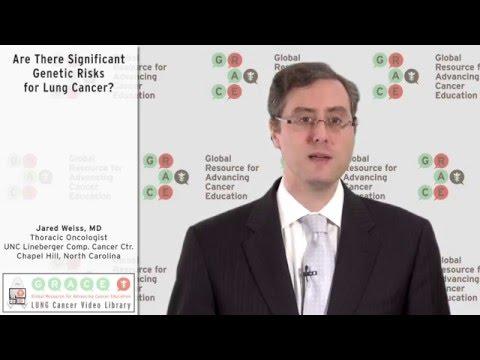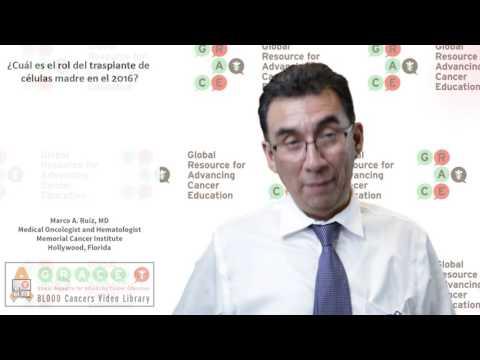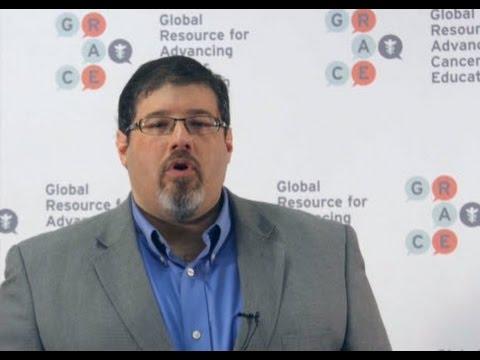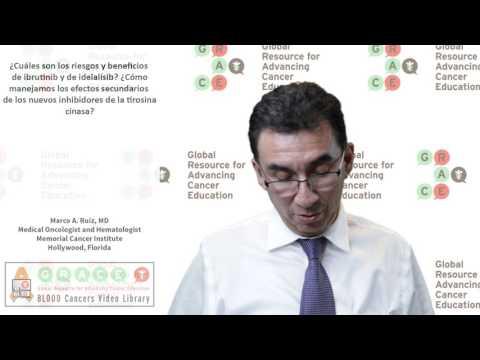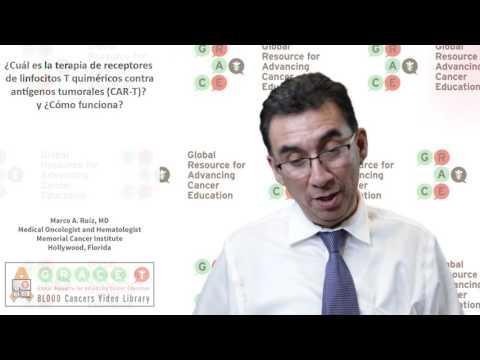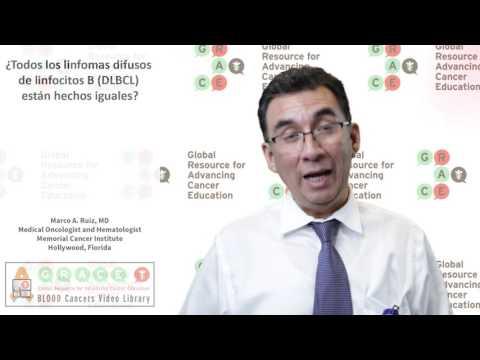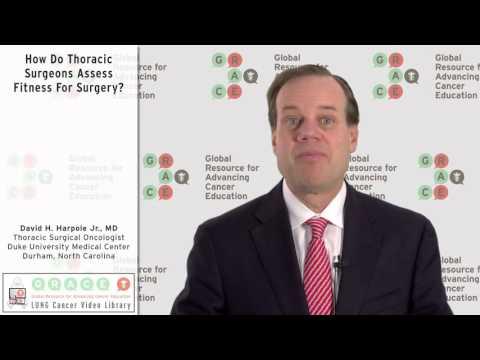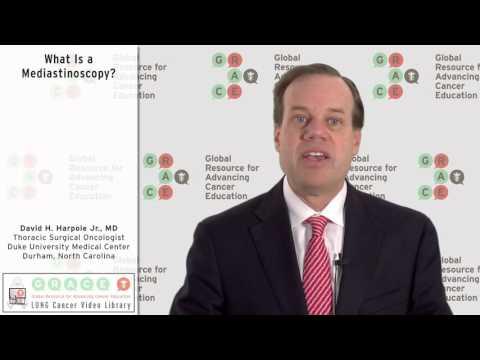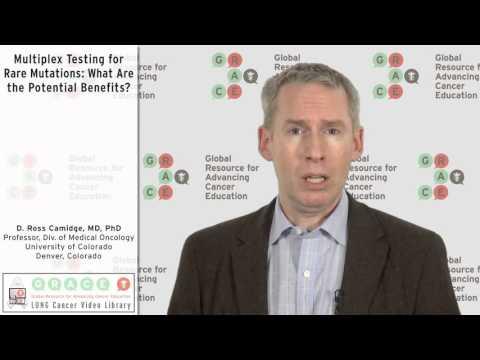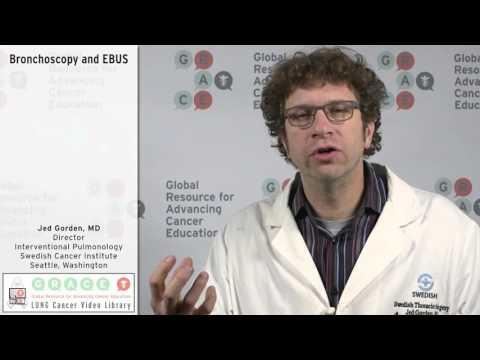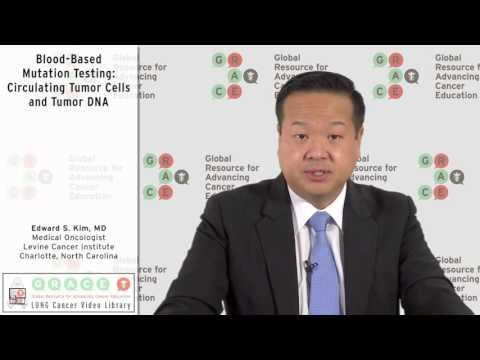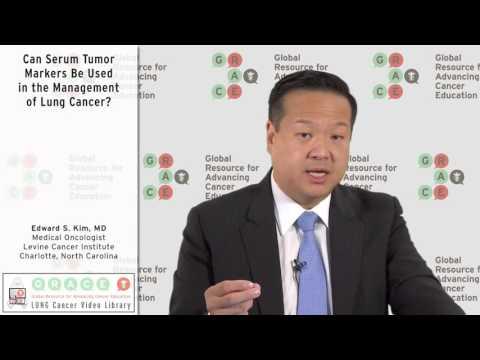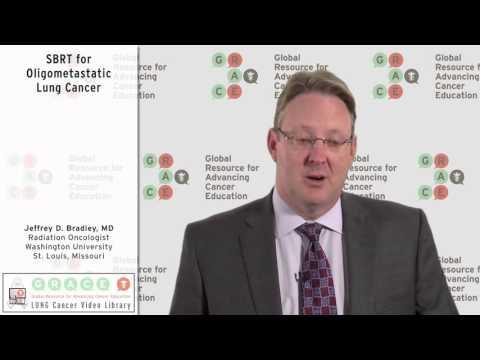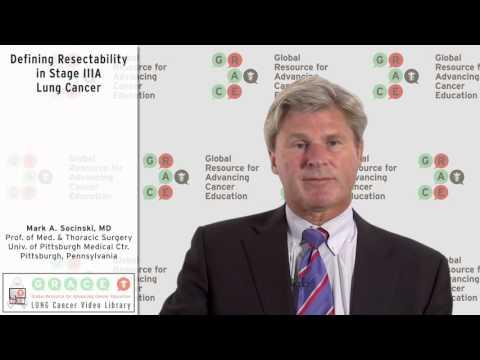Dr. Jared Weiss, UNC Lineberger Comprehensive Cancer Center, discusses the genetic risk (or lack thereof) for lung cancer.
Video Library
Search the Video Library
Video Language
Filter by Cancer Type:
Displaying Results 1 - 15 of 62
For this series, GRACE sat down with Marco Ruiz, MD, an oncologist at Memorial Cancer Institute specializing in hematologic or blood cancers, including leukemia, lymphoma, myelodysplastic syndrome (MDS) and myelofibrosis. He is also an experienced bone marrow transplant specialist and is active in
Dr. Jack West, medical oncologist/lung cancer specialist, describes special management considerations for indolent lung cancers that may not require treatment or are at risk for “over-treatment.”
For this video on the risks and benefits of Ibrutinib Idelalisib, GRACE sat down with Marco Ruiz, MD, an oncologist at Memorial Cancer Institute specializing in hematologic or blood cancers, including leukemia, lymphoma, myelodysplastic syndrome (MDS) and myelofibrosis. He is also an experienced
GRACE sat down with Dr. Marco Ruiz to discuss information regarding the chimeric T cell receptors treatment against tumoral antigens (CAR-T) and how it works (¿Cuál es la terapia de receptores de linfocitos T quiméricos contra antígenos tumorales (CAR-T)? y ¿Cómo funciona ?). Stay tuned for more on
GRACE is pleased to present updates in blood cancer treatments for our Spanish Blood Cancer Library with Dr. Marco Ruiz. Dr. Ruiz shares information regarding Chronic Lymphocytic Leukemia & Non-Hodgkin Lymphoma, (Leucemia crónica linfocítica y linfoma no Hodgkin)., specifically "Are all diffuse
Dr. David Harpole, Duke University Medical Center, describes how he assists patients with the surgical decision-making process.
Dr. David Harpole, Duke University Medical Center, details the methods thoracic surgeons use to assess a patient's fitness for surgery.
Dr. David Harpole, Duke University Medical Center, describes the mediastinoscopy and its use in lung cancer staging.
Transcript More and more, when people are doing molecular testing on their tumor, they’re not just getting one test and if it’s negative doing another test — that’s called sequential testing, they’re doing lots of tests at the same time — that’s called multiplex testing. There are certain good
Dr. Jed Gorden, Swedish Cancer Institute, describes the differences between bronchoscopy and endobronchial ultrasound, highlighting the advantages of EBUS in diagnosis and staging.
Dr. Ed Kim from the Levine Cancer Institute reviews the potential advantages and current limitations of blood-based testing for molecular markers using circulating tumor cells and circulating tumor DNA in identifying clinically important mutations.
Dr. Edward S. Kim from the Levine Cancer Institute in Charlotte, NC describes the use of serum tumor markers in various types of cancer, and the lack of a useful serum tumor marker in lung cancer.
Dr. Jeffrey Bradley, Radiation Oncologist at Washington University in St. Louis, defines oligometastatic lung cancer and describes the recent trend toward the use of stereotactic body radiation therapy to treat it.
Dr. Mark Socinski, University of Pittsburgh Medical Center, discusses the factors to consider in defining resectability in stage IIIa lung cancer.

